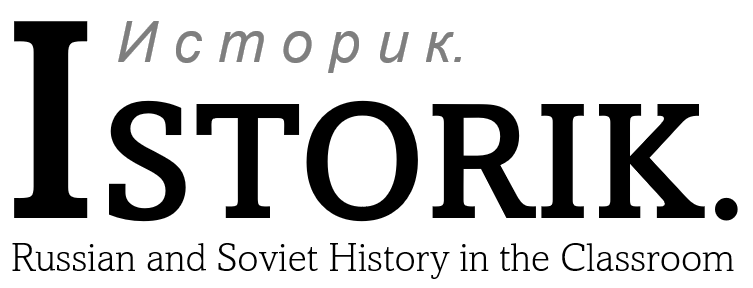Given the avowed internationalism of the communist movement, it’s surprising how favourably Soviet politicians viewed the idea of nationalism.
As I’ve previously written,
in the early 1920s the Soviet Communist Party had decided – after much internal
wrangling – to embark on a policy of promoting national identity amongst the
non-Russian peoples of the USSR. National cultures, including language, dress,
and literature, would now be promoted amongst non-Russian peoples, especially
inside their own designated territories within the USSR. Non-Russians would be
actively promoted as Communist cadres within the Soviet state.
This policy reversed the old
Tsarist policy of Russification, in which Russian cultural and ethnic
identity was imposed on non-Russian ethnicities in an imperialist attempt to
assimilate and control. It also reversed much Marxist thinking which had
anticipated that, with the construction of socialism, national identities would
wane and be superseded by class.
From the 1930s, however, important
aspects of these policies appeared to be shifting. Our school textbooks
commonly indicate a swing away from the promotion of minority, non-Russian
nationalisms, and back towards the kind of Greater Russian chauvinism seen
under the Tsars.
According to one textbook, “Stalinist
policy in the 1930s veered towards greater centralisation and less tolerance of
the ethnic groups [of the USSR] as he [Stalin] sought to create a single
‘Soviet identity’. Nationalism meant Russian nationalism and the leaders of the
different republics that formed the USSR were purged as ‘bourgeois
nationalists’ if they deviated from the path laid down in Moscow.”
Another, summarising Stalinist
nationalities policies after the Second World War, states even more baldly: “Stalin
was as keen on Russification as the Tsars.”
Was he?






